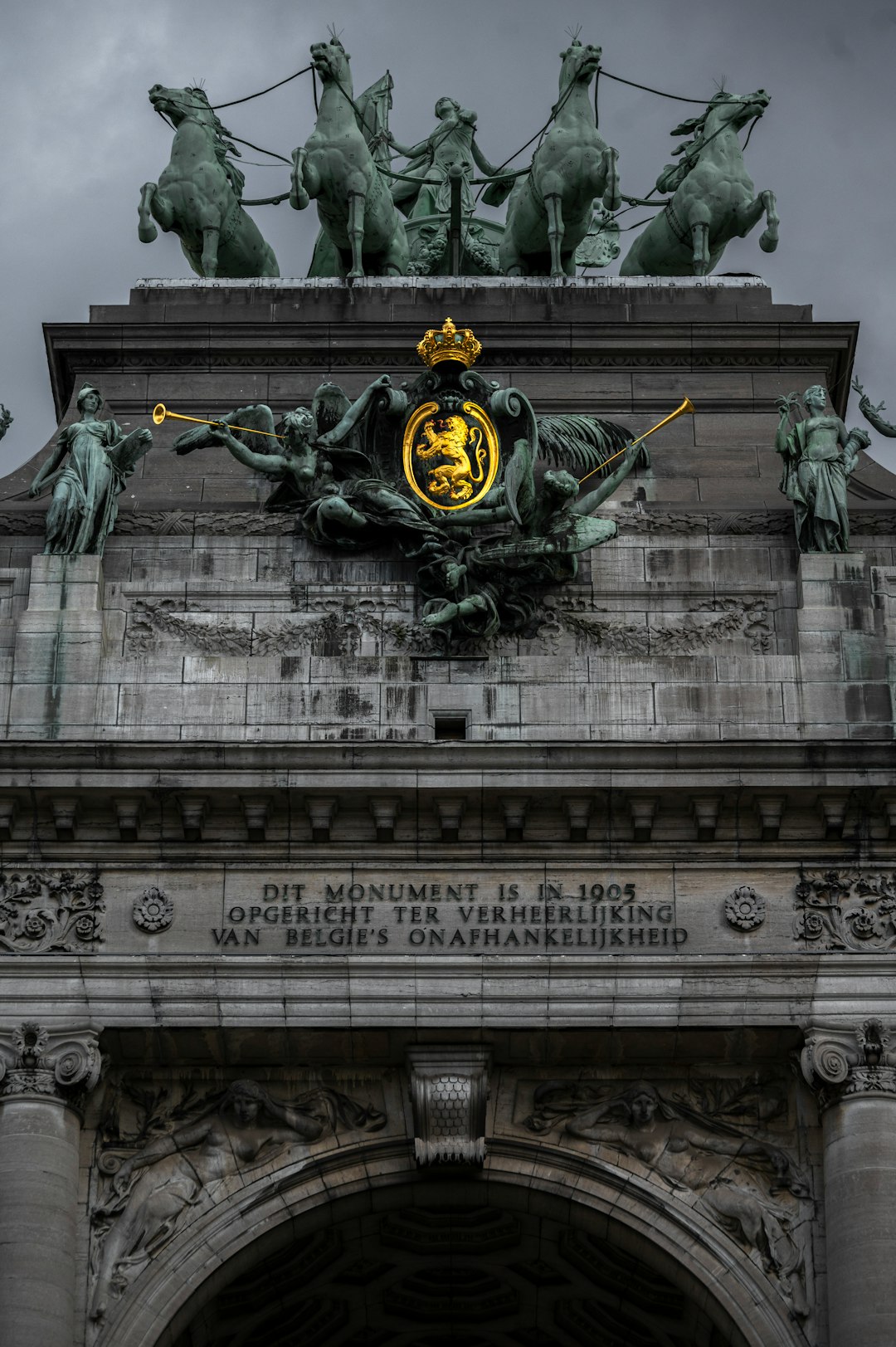| APR 7 | |||
| Empire, Integration, and Ukraine | |||
| A lecture on the historical, political, and moral stakes of the war | |||
| TIMOTHY SNYDER | ||||||||
Dear Friends,
This is a lecture I delivered yesterday (6 April 2023) at Princeton University, in a series devoted to the European Union, and in the presence of colleagues who study Europe as social scientists and historians (and I was impressed by how many turned up!).
I took as my title “Empire, Integration, and Ukraine,” because I wished to show how the present moment, that of the Russo-Ukrainian war, gives us a precious opportunity to consider what European integration actually means (and thus what it is for).
The standard story from which both the policymakers and the scholars begin is that of European nation-states learning a lesson from the Second World War: war is bad; peace is good; trade is pacifying. This is very appealing, but it is not true. The historical trajectory is actually this: European empires lose wars; and after the Second World War, best understood as a German defeat in an imperial war, they begin a process of European integration that overlaps with (and distracts from, and compensates for) imperial defeat and decline.
Seeing matters this way (as Tony Judt did in his Postwar) has the advantage of opening European history to world history, since part of the appeal of the standard story is that it allows Europeans to forget the imperial past. It also sets the Russo-Ukrainian war in a context that is easier to understand: another imperial war, where the defeat of the imperial power is a necessary condition for continued European integration. The actual question in European politics has been empire or integration, and this has been true for decades; the Russian invasion of Ukraine brings this to light. Russia’s invasion is obviously a colonial war; juxtaposing it with others helps us to understand it and think through the proper response.
Once recognized, this basic historical truth should alter policy discussions. Trade might be pacifying, but the European example is of trade among defeated empires (in particular a defeated Germany). The defeat is part of the story not to be overlooked. In general, defeat (not peace) is the relevant category; it was not peace that happened Germans in 1945 or the Dutch in 1949 or the French in 1962, but defeat. We also see that the stakes of this war for the European project are as high as can be. Finally, we recognize that Ukraine resistance cannot be understood only in national categories, as we tend to do, but also in the broader categories of anti-colonialism and European integration.
Drawing from arguments I made in Bloodlands,Black Earth and Road to Unfreedom, I develop all of this in what I hope is an accessible manner in the lecture, which I share with you now.
TS 7 April 2023

Nenhum comentário:
Postar um comentário
Comentários são sempre bem-vindos, desde que se refiram ao objeto mesmo da postagem, de preferência identificados. Propagandas ou mensagens agressivas serão sumariamente eliminadas. Outras questões podem ser encaminhadas através de meu site (www.pralmeida.org). Formule seus comentários em linguagem concisa, objetiva, em um Português aceitável para os padrões da língua coloquial.
A confirmação manual dos comentários é necessária, tendo em vista o grande número de junks e spams recebidos.